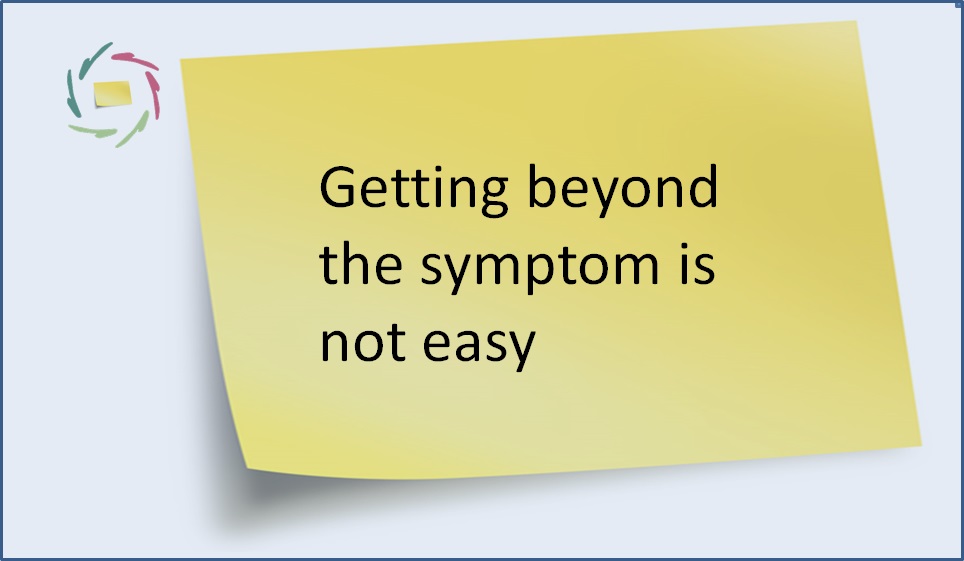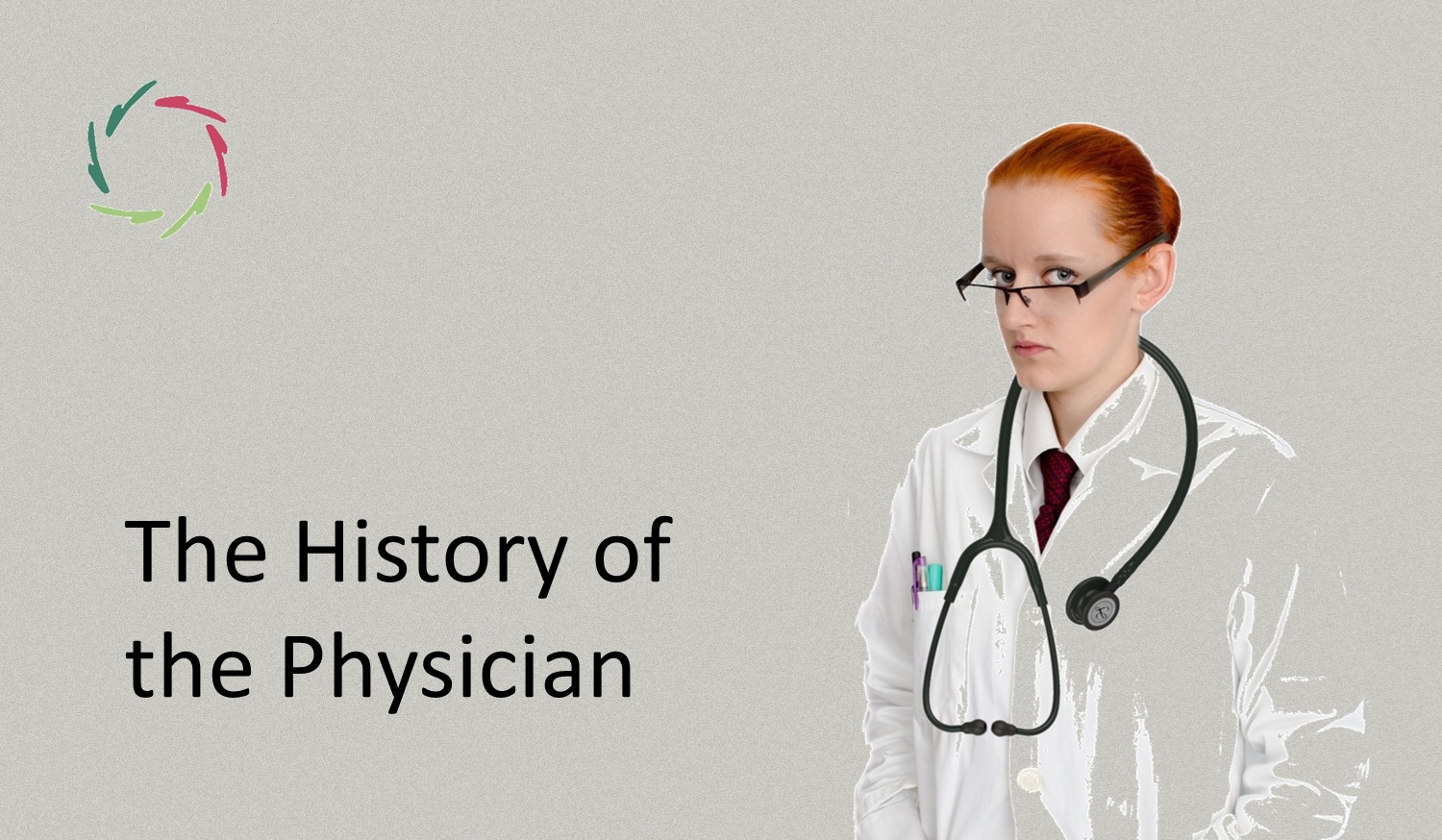No Brainy Signature of Hypnosis

The conclusion of a recent and comprehensive scientific literature overview reveals that “uncovering a single neural signature [of hypnosis] represents an unattainable goal. (*)
This brings – again – the question of whether one should talk about ‘hypnosis’ at all. There is no behavioral, phenomenological, or neurophysiological reason to do so apart from convention.
For several decades, hypnosis has been debunked as a valid concept.
See Hypnocus Pocus.
Still, persistent researchers have kept trying to find a clear hypnotic correlate in the brain, a neural basis of hypnosis that would prove there is more to hypnosis-as-scientific-concept than wishful thinking.
Some neurolingo
There is no neural process that is critical for hypnosis. However, some have been presented as such, from anterior cingulate cortex to dorsolateral prefrontal cortex or modulations of theta oscillations in the brain.
These theoretical constructs clash with the heterogeneity in the neuroimaging literature to such a degree that they must be abandoned together with any other possible neurosignature. There is no distinct state of hypnosis in the brain.
Some more neurolingo
Instead, neuroimaging correlates with different components have been found.
For instance, specific thalamocortical and cortico-cortical interactions underly various parts of attention processes whether in or apart from hypnosis. The same sensory-perceptual processes are seen in a variety of contexts, including hypnotic analgesia. No brain region is typical for hypnosis.
Also, different ‘hypnotized’ subjects who experience the same phenomenon (such as feelings of dissociation) may show different brain regions at work. This shows there is little correlation either way between hypnosis and the brain.
Thus, hypnosis is not a ‘natural kind concept.’ It is a construct that exists only by mutual agreement.
Another example of such a construct is a country. For instance, Belgium only ‘exists’ because people convene that it exists. Many of my compatriots would like it not to exist anymore. In that case, it would only ‘exist’ in memory and history books.
Should this happen with hypnosis? Should we forget the term and only talk about individual components that are now lumped together in a set called ‘hypnosis‘?
Which option is most functional?
Hypnosis as a veil
An indiscriminate lumping together blocks the straightforward understanding of individual components. The veil then hides what lies beneath. Moreover, some components may be related to different phenomena. These relations are also obscured by the veil. For instance, ‘hypnotic immersion’ (trance) is very much the same as one’s being immersed in a good book or movie, which also “makes time go by so quickly” and leads to a reduced awareness of the environment and to altered feelings of agency (becoming the protagonist in a way).
Still, we don’t talk about book-hypnosis or movie-hypnosis — although one may say to have been ‘entranced’ by it.
By definition, science is about removing unnecessary veils.
Thus, in the case of ‘hypnosis,’ removing the veil may be the most scientific move.
An argument to keep the construct would be the discovery of a particular brain state that would act as a biological marker linking together hypnotic phenomena.
But that specificity does not exist.
Thus, a huge amount of literature shows that we should better focus on the components. ‘Hypnosis’ is something for history books. Science should proceed by focusing on, for instance, ‘hypnotic suggestion’ apart from ‘hypnosis.’ We can then better bring forth – and investigate – what is most helpful in each individual subject. We can be less mechanically change-oriented (as in ‘trying to control automatic processes’) and more organically growth-oriented.
With an emphasis on Inner Strength, this leads to auto-suggestion. Of course, this is what AURELIS is about. This way, it’s the opposite of hypnosis. It’s about entirely respecting your strength and where it comes from.
You, unveiled, as a total person.
Conclusion
If ‘hypnosis’ is taken for what it is – nothing intrinsically special – then we can research how to optimize and integrate these insights for the benefit of many. We can see how people can ‘normally’ make themselves ill or better again — all very understandably related to who we actually are and why it matters.
If some very special and mysterious ‘Altered State of Consciousness’ is invoked, then hypnosis – whether or not endorsed by scientists – stands at the level of voodoo, only culturally different.
―
(*) Landry, M. and Rainville, P. (in press). Beyond the neural signature of hypnosis: Neuroimaging studies support a multifaceted view of hypnotic phenomena. International Handbook of Clinical Hypnosis, J.H. Linden, G. de Benedettis, L.I. Sugarman, and K. Varga (Eds), Chapter xx, pp. x-y, John Wiley & Sons, Hoboken, NJ, USA.


